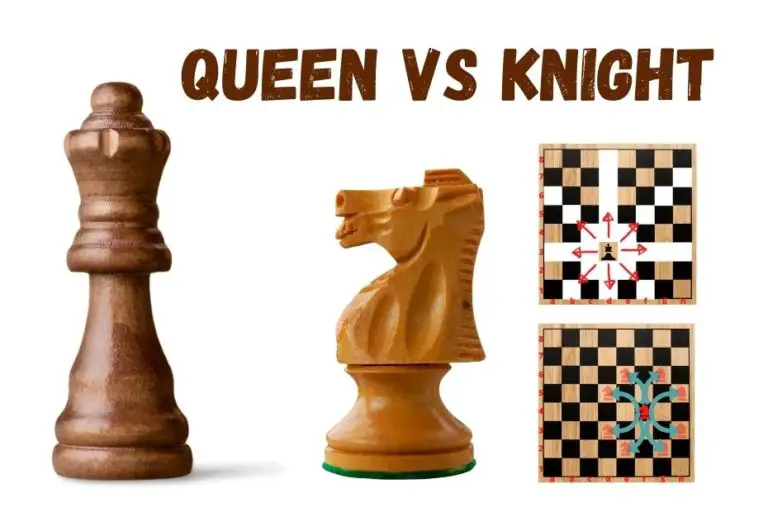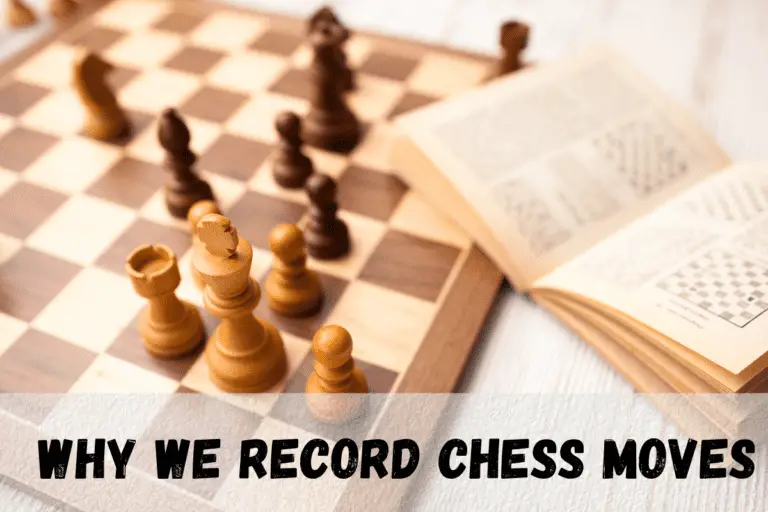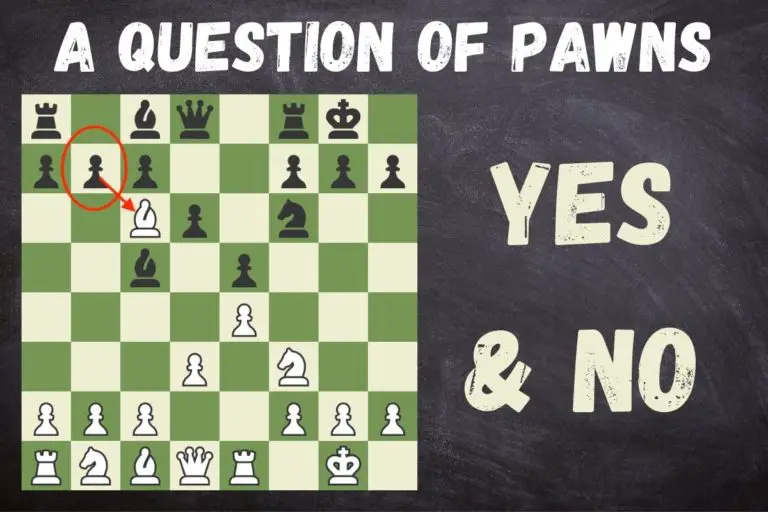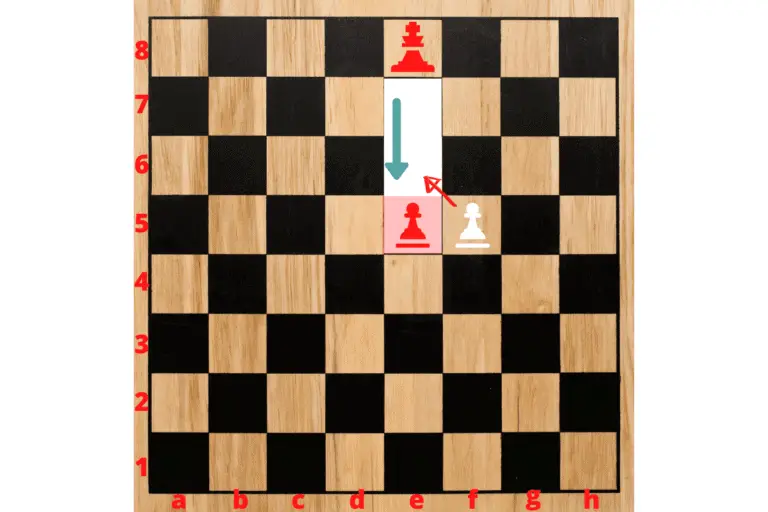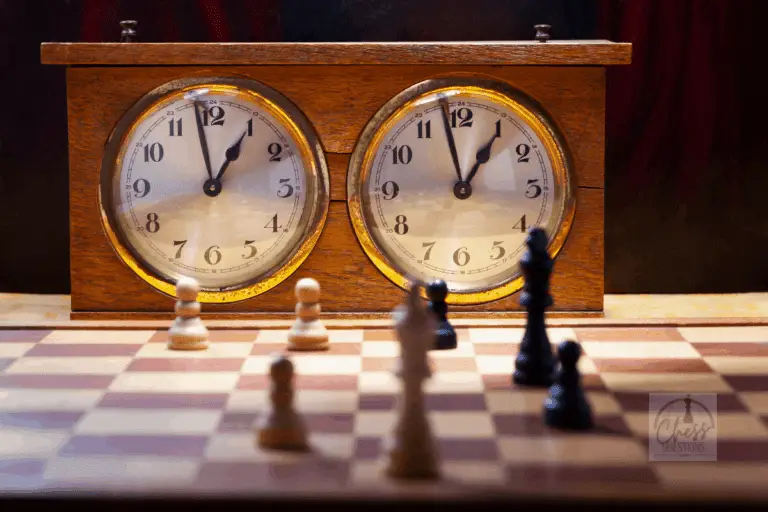These Drugs will get you Banned from Chess
⭐⭐⭐ Take 6 minutes to read and improve your chess game ➡️ : This article was first published on, and is Copyright of Chessquestions.com
Of all the sports a competitive edge may be thought of first when it comes to performance-enhancing drugs and doping control, Chess may be well down your list. But consider this. Sitting for hours, huge mental stress and pressure, and the need to maintain concentration for long periods of time. it makes sense.
Moreover, Chess wants to be included in the Olympics and for that to happen, mandatory drug testing has to be fundamentally present in the sport
So with all that in mind, let’s find out if there is drug testing of players in competitive chess and which drugs will get you banned.
Do Chess Players get Drug Tested?
Chess players have been tested for drug use since 2002 when they were introduced for the Olympiad. All 802 tests returned negative results, although 2 years later 2 players refused to provide samples and were excluded. Today drug testing in chess is routine and generally accepted by everyone.
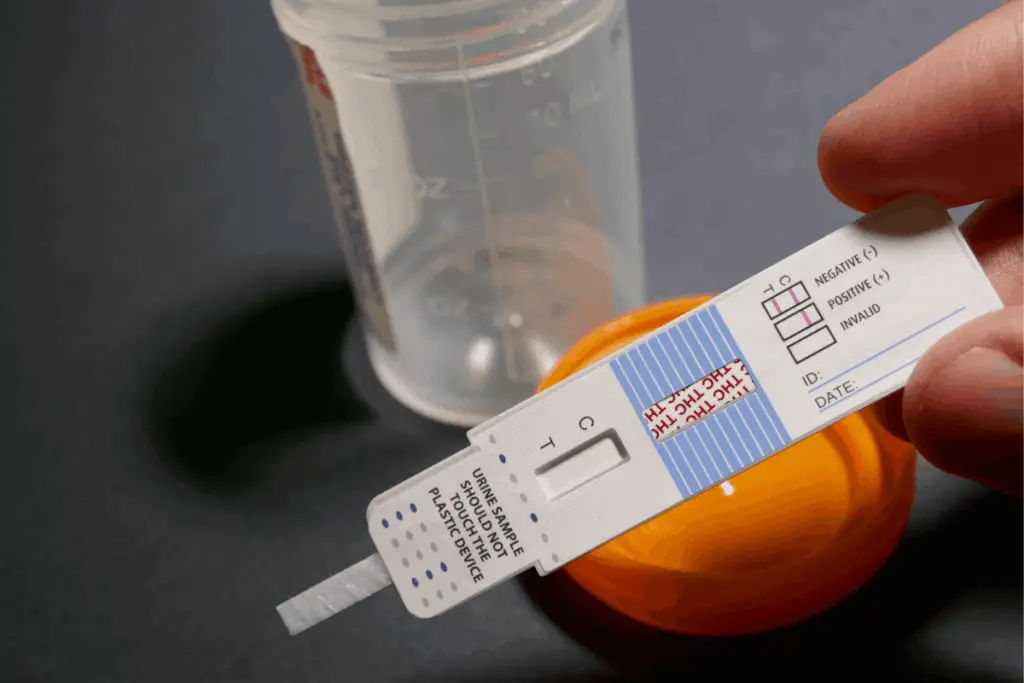
You may find it interesting that despite 20 years of drug testing in chess, there has not been a case where a player has been eliminated for a failed test. there have however been instances of players refusing to take a test and thus being eliminated.
read on for more information about drug testing in chess.
Performance Enhancing Drug Testing in Chess
The majority of professional sports across the world require you to take a drug test before or after you compete. Why? Because steroids and amphetamines (or another substance) can greatly increase your performance and overthrow your opponents.
Basically, it’s cheating. All competitions have to be fair.
So, is it the same for chess?
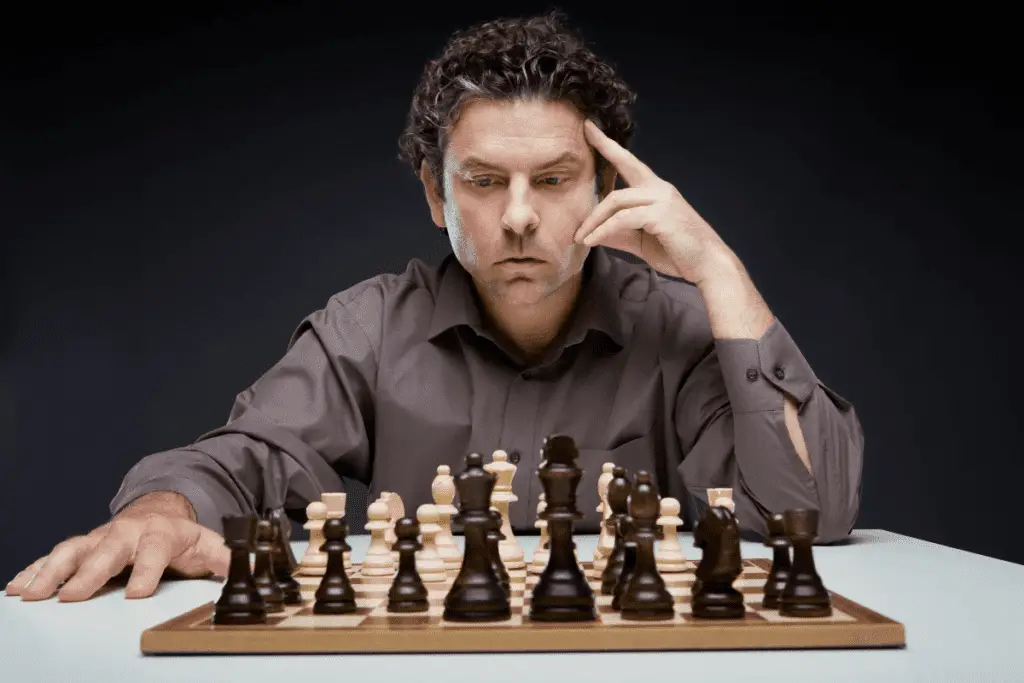
Although, it’s worth mentioning that this didn’t always happen. People assumed that doping wouldn’t have any useful effects on chess players. We’re assuming that the reason behind this thought process was the fact that it isn’t a physical sport.
Do Drugs Make you Better at Chess?
Not all drugs are alike, and using an athletic analogy, plainly recreational drugs are not going to help you run faster, but more specialized performance-enhancing substances can be used to undertake more intense training and thus improve on the daily performances, and improve ability beyond what would be naturally possible.
| Substance | Enhancement | Status? |
|---|---|---|
| Modafinil | 15% | Banned |
| Ritalin | 13% | Banned |
| Caffeine | 9% | Monitored |
So with chess being a more mental event than a physical one, can certain drugs improve your chess playing?
Drugs made some tested players better spending an average of 437 seconds on placebo compared to 550 seconds on the banned substance to make the move. Players on drugs considered options for longer, making more calculations and better overall decisions, then when on placebos.
There was the questioning of 1500 players to provide information on the commonalities and prevalence of drug use in competitive international chess.
Whilst those results have never been publicly released [that I can find], it has been revealed that two substances were often used.
One of those was Modafinil which when tested was shown to improve performance by around 15%, the other, an ADHD treatment is known as Ritalin helped to around 13% in comparison, whilst caffeine was also shown to assist and improve by around 9%
A cup of coffee is not going to be a problem though, and whilst caffeine is monitored, it is not on the list of banned substances in chess. See below.
Which Drugs are Banned in Chess?
The list of potential performance-enhancing drugs is virtually endless and new substances are constantly in development all around the world in a quest to beat the testers, so banned substances lists are ever fluid and under review, and for chess can see prescription drugs in the monitor list.
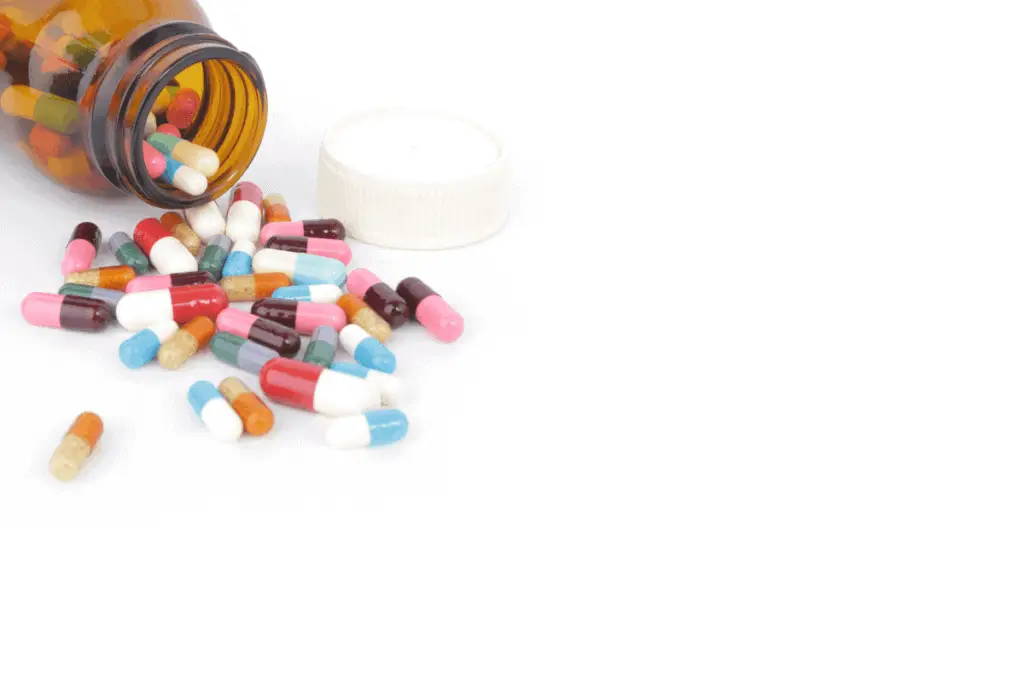
Taking a look at the latest Chess WADA Anti-doping Policy pdf from FIDE which is a shortened offering from the comprehensive list of prohibited substances and methods we find the following most relevant banned substances for chess:
- Amphetamines – e.g. Adderall, Ritalin
- Ephedrine and Methylephedrine – Prohibited by WADA when its concentration in urine is greater than 10 micrograms per milliliter
- Pseudoephedrine is prohibited when its concentration in urine is greater than 150 micrograms per milliliter
- Modafinil
Amphetamines, particularly of interest, include Adderall and Ritalin.
Ephedrine and Methylephedrine are monitored for levels in excess of 10micrograms per milliliter in urine samples
Pseudoephedrine is a failure at greater than 150 micrograms per milliliter of a urine sample.
Modanafile is often used in treating sleep apnea and narcolepsy and thus can stave off tiredness, which can be deemed and enhancing chess play
Substances not present on the Prohibited List but represented in the Monitoring Program:
Caffeine – Included in WADA Monitoring Program and relevant for in-competition testing only. Any urine test reading of fewer than 12 micrograms per milliliter poses no problem.
Codeine – A common ingredient in, for example, preparations used to treat coughs and stomach upsets. Any dosage is highly unlikely to be significant when taken in normal therapeutic quantities.
How Do Drugs Enhance Chess Performance?
To investigate how some drugs can assist chess players and enhance performance, studies were conducted, using various substances, and placebos and the results collected across 3000 games and 40 players.
How Was The Study Conducted?
The researchers set up two groups of chess players. One group was given the aforementioned drugs, and the other was not given the medication.
After the participants had consumed (or not) consumed, their performance was observed.
The experiment showed that even though those on the drugs would make moves more slowly, their performance increased. As far as the numbers go, the researchers said that modafinil boosted performance by 15% and the other boosted it by 13%.
While the drugs don’t increase your quality of thinking, they do increase the time players are willing to spend making a decision. Therefore, they are able to make more informed movements and play to a higher level.
It makes sense that given the ability to spend extra minutes on moves calculations will provide a player with an advantage they wouldn’t normally have.
It is interesting as, without the additional stimulant, the option to spend more time on making a decision is there. it is almost like the improvement is accidental if that’s possible.
How are you tested for Drugs in Chess?
The way drug tests are undertaken in chess is the same as in any sport, with urine samples being the primary source of investigation. The banned substances are screened for and levels noted.
There have been more refusals of drug tests in chess than positive tests to date, and we may assume that at least for now, there is no obvious drug issue within Chess, or at least no one is making any notice about one!

Which Chess Players Have Failed Drug tests?
To date, no players have been formally banned or eliminated from a competition for testing positive for the banned substances on the list. An Italian player was tested positive in 2001 but cleared months later after proving he had a medical need for the asthma drug that was picked up in his system.
However, some players have been eliminated for refusing to take a test, namely.
Two players had scores removed when refusing to take tests in the 36th World Olympiad in 2004
In 2008 Grandmaster Manuel Rivas-Pastor was disqualified from the Spanish chess Championships for refusing a test
And then in 2008, there was the most famously documented Vassily Ivanchuk incident!
Chess Player Vassily Ivanchuk And His Doped Chess Playing
Vassily Ivanchuk, if you aren’t aware, is a grandmaster of chess. He was highly rated in 2007 when his rating peaked out at 2787, although his ranking came way back in 1991 when he was #2
In 2008, he lost a game. After the loss, the referees asked him to take a drug test and Ivanchuk went mental. He didn’t just refuse to take the test; he became outwardly aggressive and threw a man-sized temper tantrum. Specifically, the man kicked a concrete pole and pummelled his fists into a counter at the cafe.
Ivanchuk said how demeaning this request was after his loss. His fans supported him and his idea that doping wouldn’t help chess players.
Unfortunately, no one ever found out if Vassily Ivanchuk was using drugs. However, research was conducted to prove that yes, some drugs do improve chess player’s ability to perform.
Effects on Speed Chess VS Standard Tournament
As we now know, these players who took the drugs were only able to do better because they allowed themselves to take more time making each move. Because of this, doping is next to useless when it comes to speed chess.
Obviously, the experiment was done to promote the use of drugs in a tournament. It was conducted to do the opposite!
The doctors involved in the study displayed that there can be some horrible side effects to using the medication for extended durations. The research performed was solely for the purpose of implementing stricter rules in the chess tournament arena.
Final Thoughts (And a Top Tip!)
For those of you who can’t wait to get into some chess competitions, steer clear of any substances. Winning can involve a lovely chunk of cash which you will forfeit if you’re caught.
But don’t worry, there is something you can do to enhance your chess-playing abilities!
Our top tip: have a cup of coffee. Yep, that’s it. During the same study, they concluded that caffeine increased performance by 9%!
As long as you’re safely within the doctor’s recommended caffeine limits, you’ll be good to go.


